With the holidays behind us comes the challenge of how to not sink into the Winter Blues. The combination of dull cold weather, emotional letdown after the holidays, and a stack of utility and credit card bills can leave any of us wanting to stay in bed and pull the covers over our head. For grieving parents and their children there can often be an added layer of malaise and hopelessness which may leave them feeling exhausted and inclined to withdraw from the world.
So, how can we lessen the impact of the Winter Blues?
Coping with grief and the blues is as individual as the person experiencing it. However there are some things we can (try which may help us feel better. A note of caution. When we try to do everything, we tend to set ourselves up for failure. Instead, consider choosing just a few ideas that appeal to you, and if they are helpful then make a commitment to try to stick with it
- The following is a list of some proven effective ways to help take care of ourselves and minimize the Blues:
Realize that some blues are normal this time of year. After the buildup of the holidays, most people tend to feel low in the early months of the year, when everyone is returning to work/school routines, daylight hours are short, and the weather is bleak. Remember that spring will come again. - Stay Connected. When we are sinking into the Blues, it is tempting to stop answering the phone, the door, and our emails. However, these are the very ways that the people who care about us try to reach out. It is okay to say ‘No thank you’ to invites for coffee sometimes, but important that we say yes sometimes too.
- Treat your body like a temple. It is definitely okay to indulge in not-so-healthy snacks sometimes. However, moderation and a healthy diet (including drinking lots of water and taking vitamins regularly) are key to having more energy long-term. Self-discipline can be hard during the winter months when we are spending more time inside, near the kitchen. Sometimes a good plan is to take snack foods and drinks off the grocery list and limit our self to treats only during an outing.
- Get regular sleep. It is during sleep when the body heals itself, when children’s bodies grow, when the mind sorts through all the information taken in during the previous day. Sleep can be very difficult for grieving children and their parents, who often report difficulties falling and staying asleep. If physical exercise, hot drinks and relaxing before bedtime aren’t working, it may be time to talk to the family doctor for help. A lack of sleep wears down our immune system and makes us prone to illness and depression.
- Kick yourself outside. Nature and the outdoors are incredible for improving mental and physical wellbeing. Fresh air and oxygen is good for the lungs and mind, and a simple brisk walk can ease body tension, aches and pains. Wooded trails offer a calming connection to the earth, and solace from the mad rush of daily life.
- Start that activity you have always wanted to try. Whether it is taking up a new craft or joining a woodworking or photography class, learning something new can help the bereaved to re-engage in the world and begin a new chapter of our life. Maybe it starts with browsing on the town Parks and Recreation website to think about future hobbies.
- Make social plans with friends and/or family and get it on the calendar. Knowing that there is a social activity to look forward to can help prevent us from sinking into isolation and despair.
- Get to the gym, or the pool, or yoga studio, or a hockey team…whatever physical activity speaks to you. Not only do organized sports provide great physical benefits, they also lessen the sense of isolation. Not up to making idle chit chat? Solitary sports activities at a community centre can help us feel less alone without the pressure to interact on those days when we can’t bear to talk to anyone.
- Engage in Mindful Meditation. Deep breathing and meditation can be helpful when we are bombarded with information and demands on our time and energy. Several deep breaths a few times a day can help us become centred when we feel torn in a hundred directions.
- OR… Engage in Mindful Distraction. Bereaved children and their parents often report that a place, object or smell will suddenly remind them of their person who died (grief triggers) and bring them down on a good day. Take some time to think about the activities which help you turn off the difficult thoughts and memories (texting a friend, listening to upbeat music, playing a short video game, playing with a pet) and practice doing these activities when sad memories are changing a good day to bad.
Sometimes the Blues turn into Depression. Some of the signs that a person may be depressed include: difficulty getting adequate sleep for a prolonged period of time; significant weight gain or loss; isolating oneself from all family and friends; frequent or excessive alcohol/drug use. If a person’s behaviours are interfering with day to day functioning, or the person is doing activities which are risky and unsafe, it may be time to tell a close family member and/or health professional to get some extra help to cope. Grieving is a difficult and painful process, and it is normal to need support from others.
Prepared by The Lighthouse for Grieving Children









